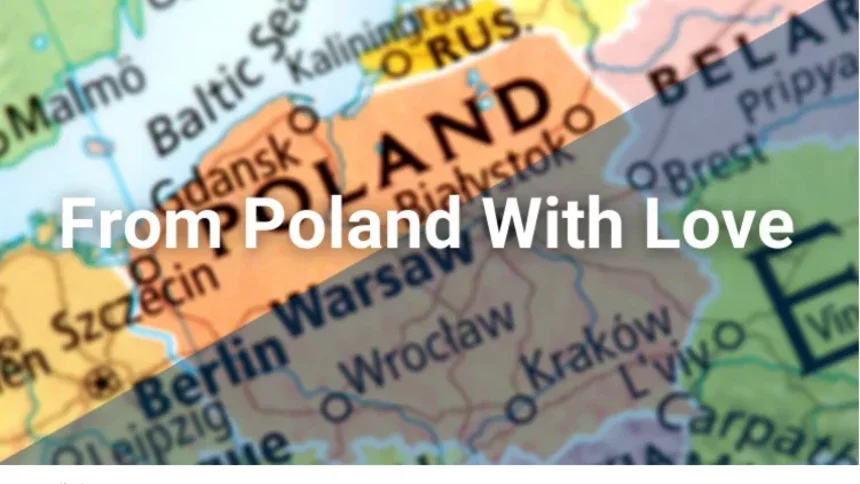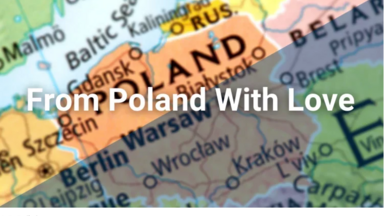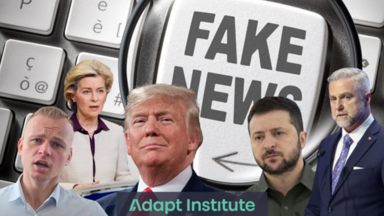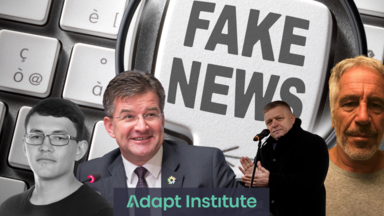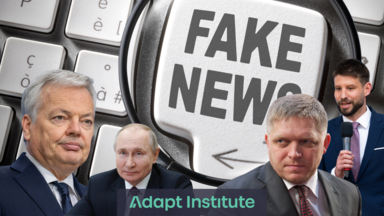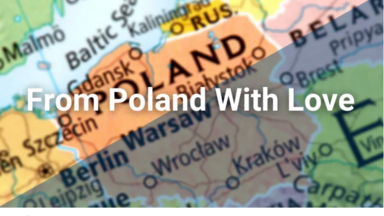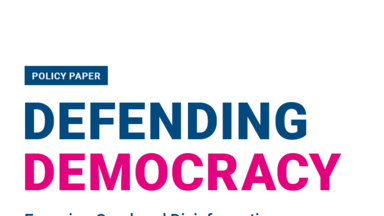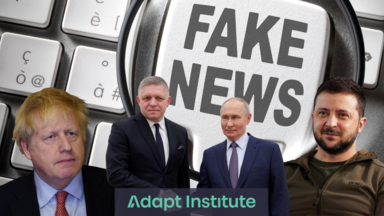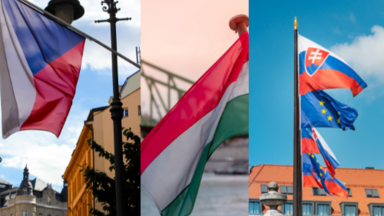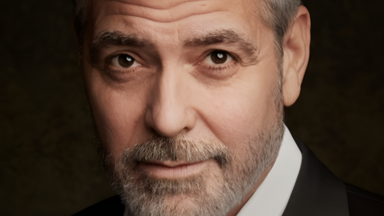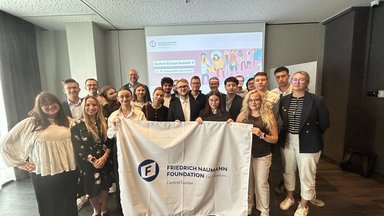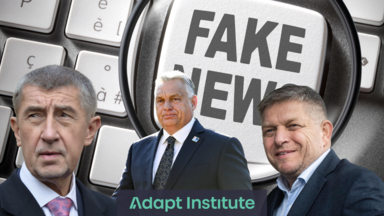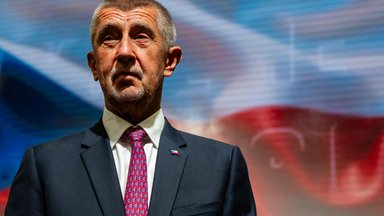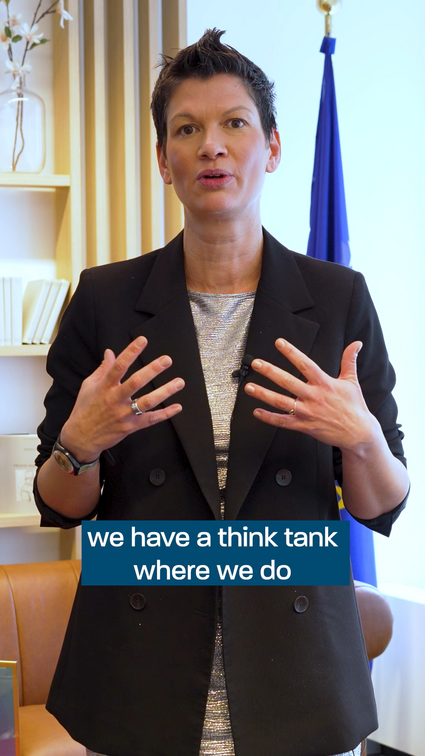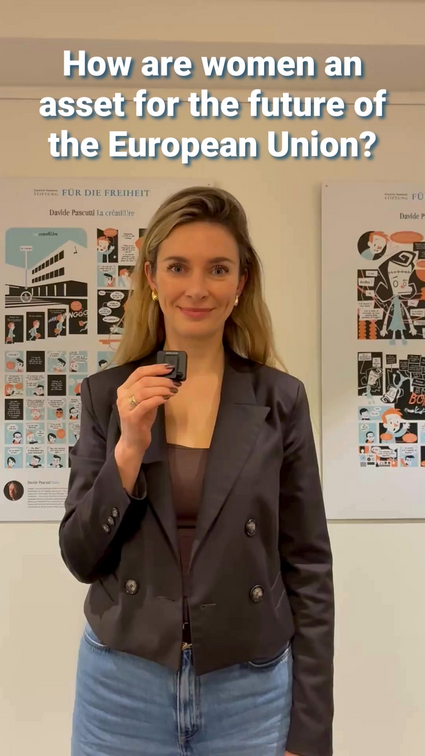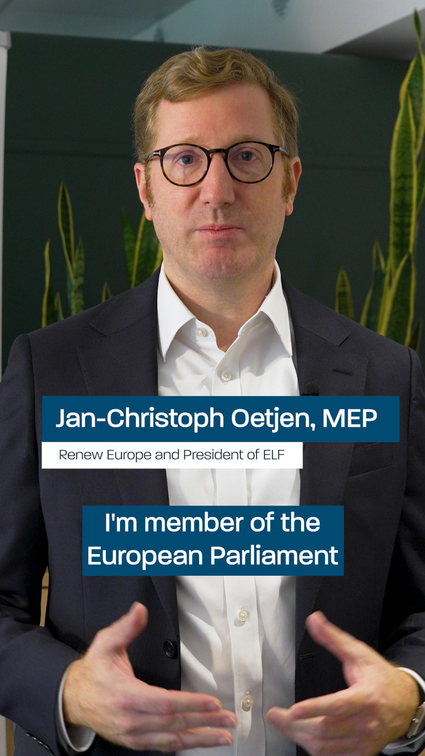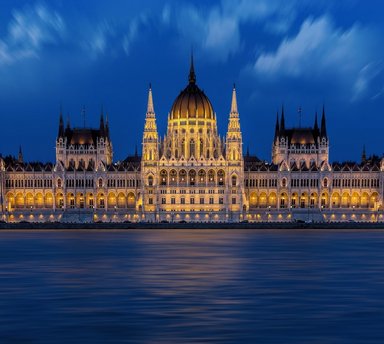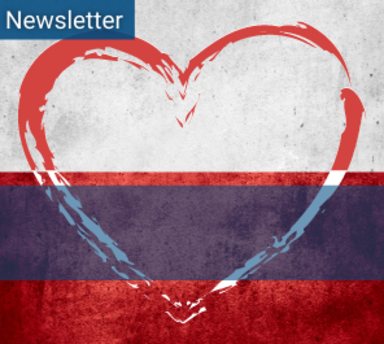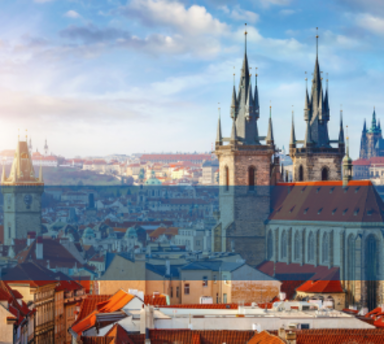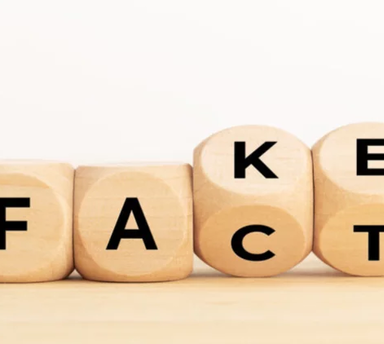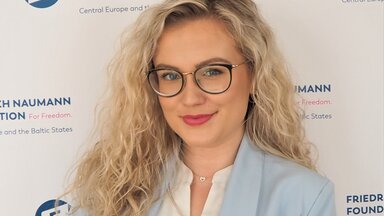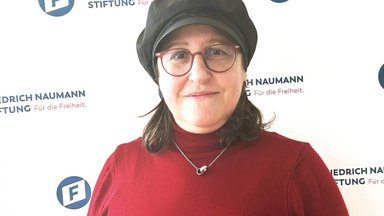Central Europe
In 2004, the Central European countries joined the European Union as new members. The Prague office seeks to strengthen liberal forces, both political and intellectual, in the region. Our project office particularly supports the 4liberty.eu network, which serves as a centre of competence and a platform for dialogue.
News
-
From Poland with Love. January
Poland is torn after Trump’s surprise invite to his “Board of Peace.” Billions at stake, constitutional limits at home, and rising doubts about Washington expose a risky geopolitical balancing act.
-
From Poland with Love. December
From landmark EU court rulings to AI-driven disinformation, rail megaprojects and shifting Church leadership, our December newsletter unpacks the forces reshaping Poland at home and in Europe. Politics, security, society and culture — clearly explained, critically analysed, and firmly grounded in facts.
-
Mutual killing of Slavs and oppression of the Russian minority. Slovak disinformers revive the legitimizing narratives of Russian propaganda
Disinformation actors are seizing on the U.S. peace plan to revive pro Kremlin narratives, attack the EU, and fuel fear, with Trump and Musk becoming unlikely heroes of Slovakia’s far right.
-
From Poland with Love. November
Russian-linked attacks on vital railways and a power reshuffle in parliament reshape Poland’s political landscape.
-
Holy war against students and the "progressive" conspiracy. Disinformation agents in Slovakia exploit Epstein documents
Hateful attacks target Slovak students and youth protests; Epstein files spark conspiracy theories linking Lajčák and Kuciak; far-right warns of Western decline while pro-Russia narratives spread on Ukraine peace.
-
Fueling hatred against students and continuing tales of fascism
EU scandal distortions, a student protest turned smear campaign, and revived Kremlin tropes — the past weeks reveal how quickly disinformation reshapes public debate.
-
From Poland with Love. October
PiS faces major corruption scandal – suspicious CPK land sale shakes Poland’s flagship project and fuels political turmoil ahead of local elections.
